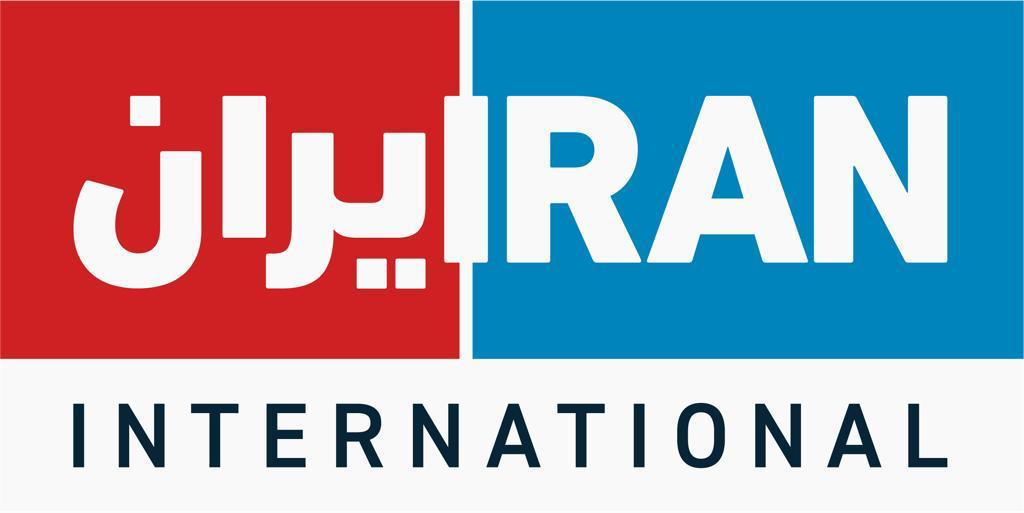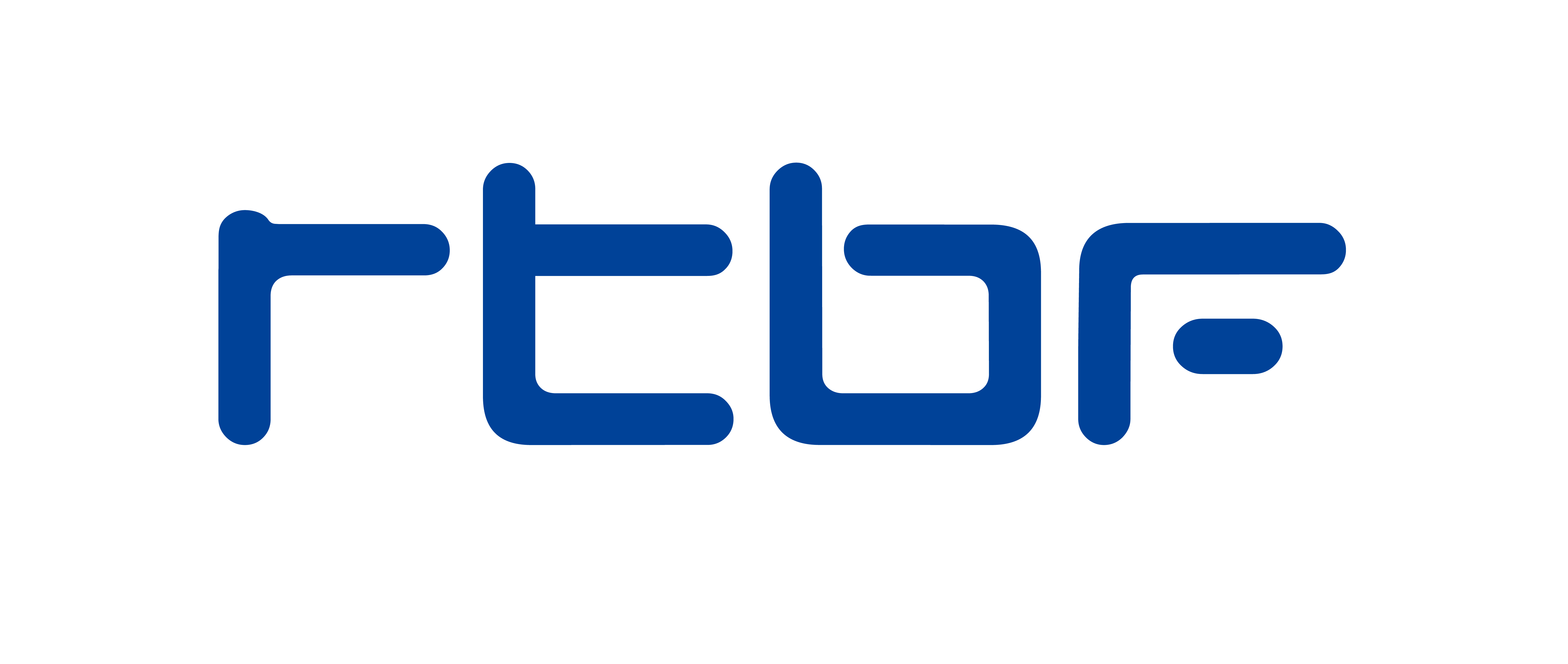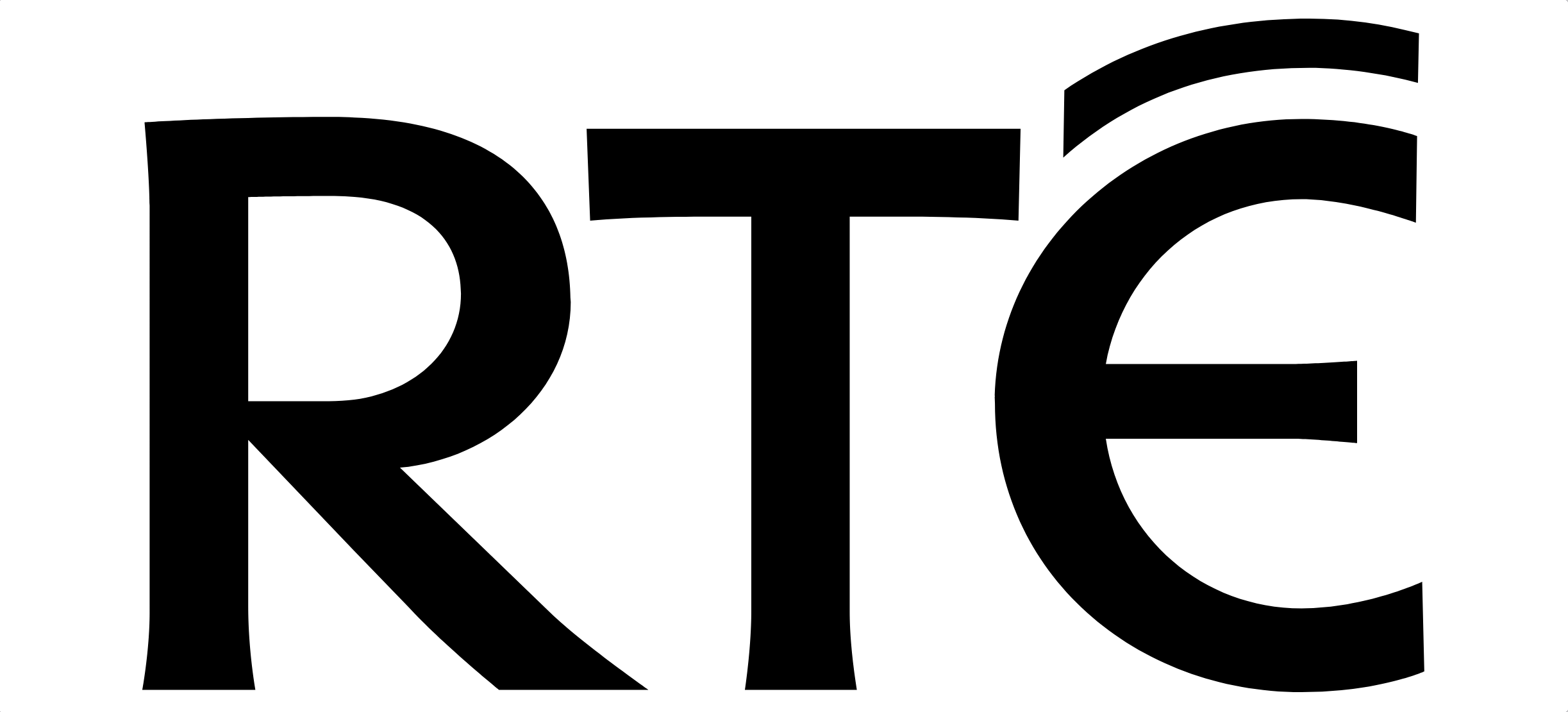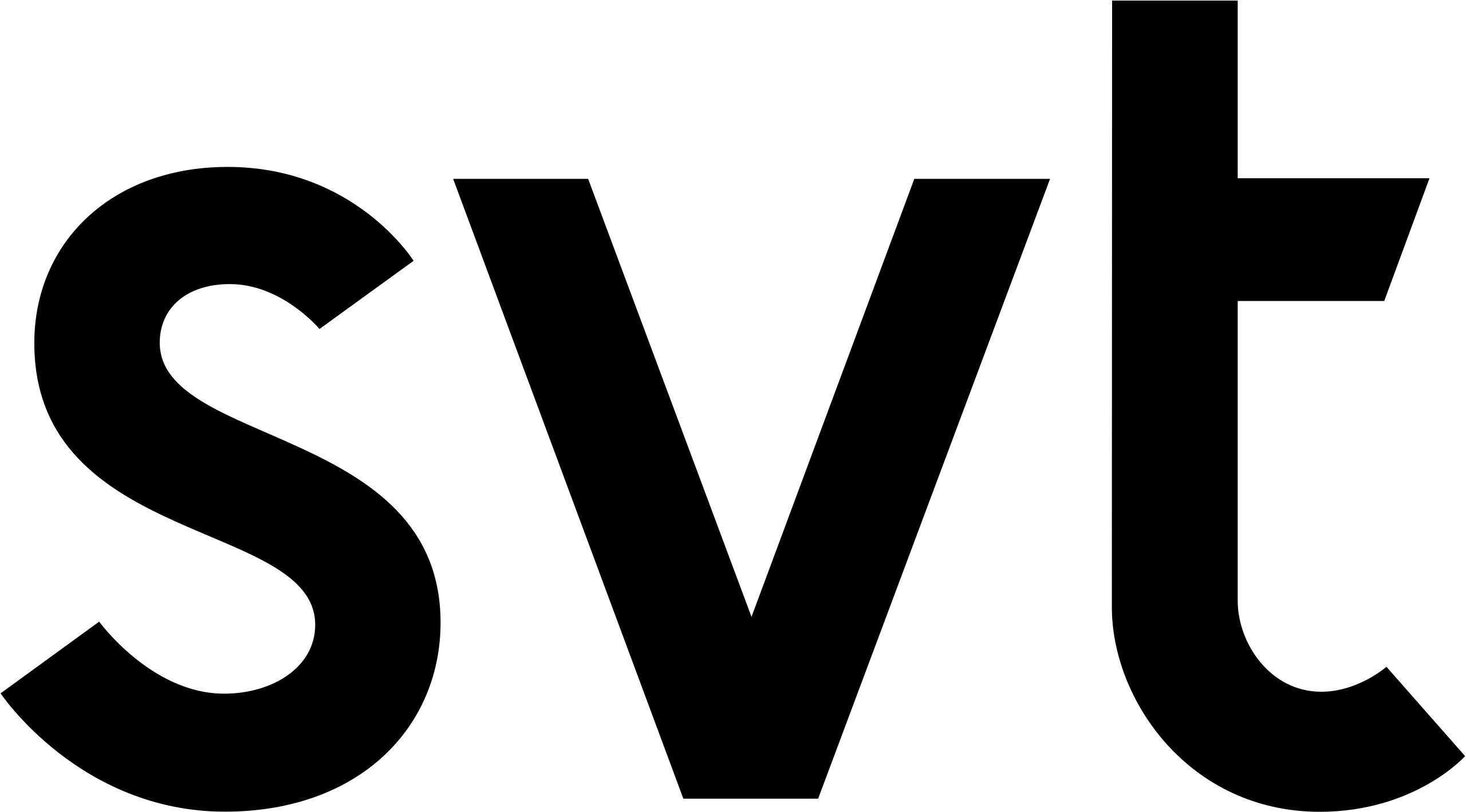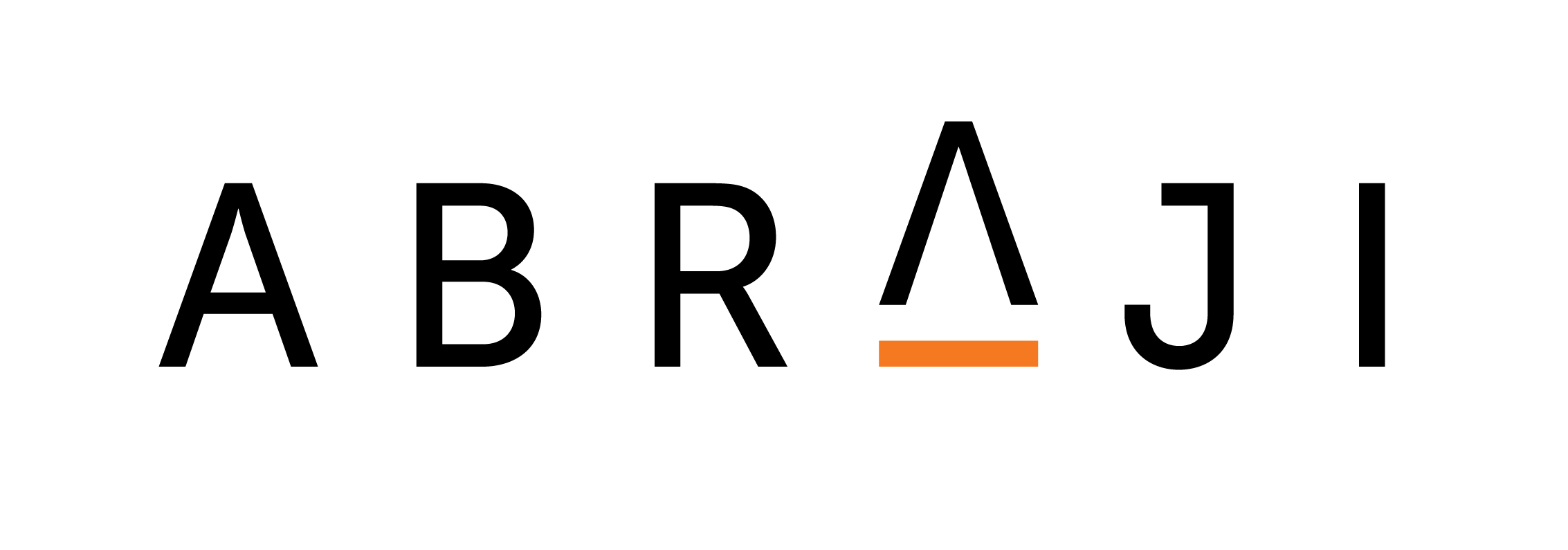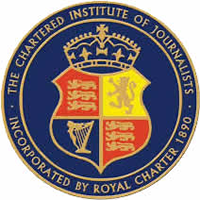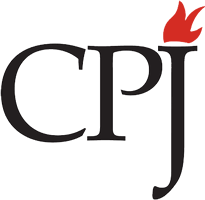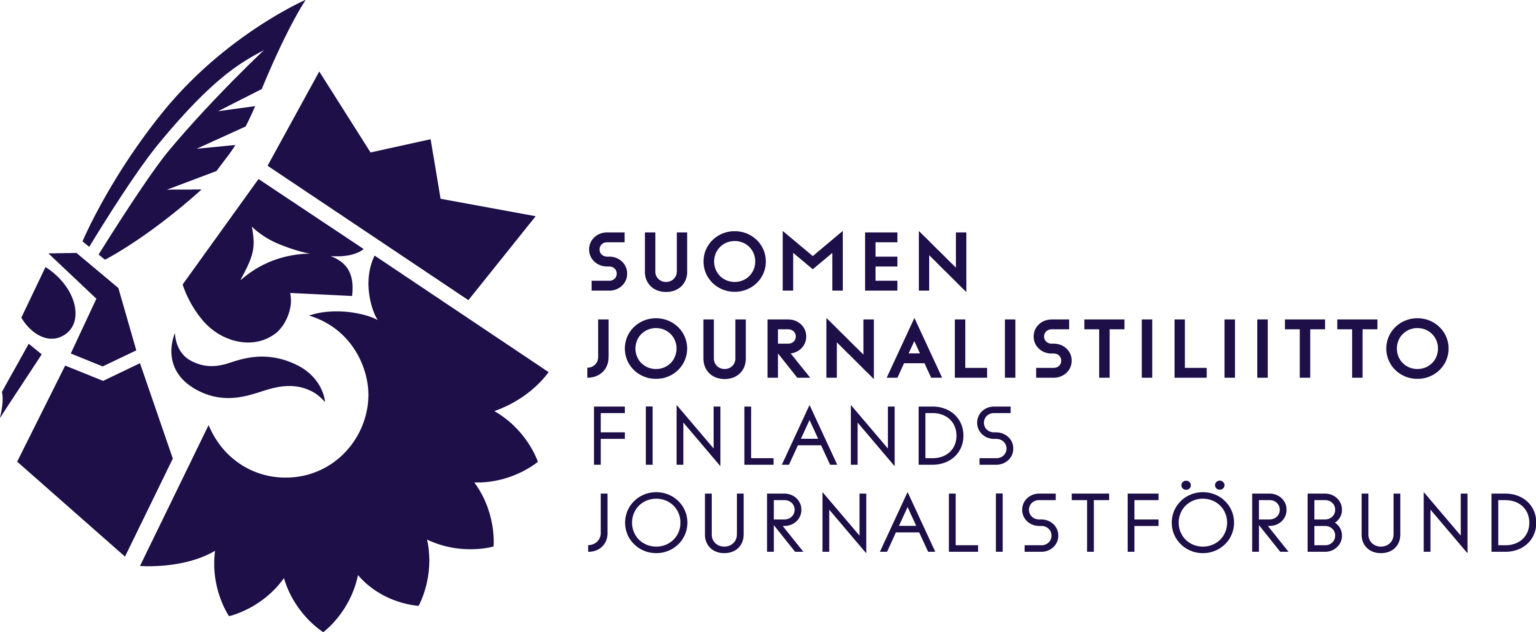World Press Freedom Day will be celebrated on 3 May worldwide and this year feels more important than ever. One can scarcely underestimate the importance of a free press in a situation such as the one that we now find ourselves in.
A recent study from the Reuters Institute at the University of Oxford shows that the vast majority of people are looking to traditional news media to get their information about the coronavirus. Those who are using traditional news media as their source of information in general know more about the virus and the disease it causes, COVID-19, compared with those who are getting their information from other sources.
Meanwhile there are a number of worrying examples of how freedom of the press and freedom of expression around the world are being threatened in the wake of the coronavirus. Countries such as Hungary, Japan, Thailand and Cambodia have all introduced strict state of emergency laws that significantly limit media freedom.
Countries defend the introduction of these laws with the crisis situation that the world finds itself in, but there is a risk that the laws will remain in place even after the immediate crisis is over. As in Hungary, where its temporary state of emergency law introduced in connection with the refugee crisis in 2015, which among other things strengthened the government’s control over the media and restricted freedom of information, has been extended over and over again since that time. Other examples are about content control. In Turkmenistan, the state-controlled media have been banned from using the word coronavirus. Journalists in India have been censored. And in Russia, newspapers have been forced to unpublish website articles, while the EU is reporting incidents of propaganda campaigns and attempts to spread rumours emanating from Russia.
It is essential, even when under great pressure, that those in power and the experts are scrutinised. In well-functioning democracies, there is a mutual respect and understanding that this is done. But there are also those in power who are now taking advantage of the situation to advance their own positions in relation to the media. In parallel, the financial pressures on commercial media organisations are rising as advertising revenues rapidly decline – which is threatening to radically reduce media diversity at a time when there is a real need for people to hear many different voices and perspectives so that they can get their bearings in this crisis. The coronavirus thereby risks hitting freedom of the press and freedom of opinion hard. In the long term, media players could be completely wiped out or end up under increased state control, and this applies to commercial media as well as public service companies operating under a mixed commercial model.
In 2016, Reporters Without Borders launched a campaign to establish a special representative of the UN Secretary General for the safety of journalists. This is a worthy initiative that I have repeatedly expressed my support for, along with hundreds of media companies, freedom of the press organisations and others such as French President Emanuel Macron and the former President of the European Commission, Jean-Claude Juncker. The Secretary General of the UN António Guterres responded in 2017 by opening up a special channel of communication for emergencies involving the safety of journalists with Spanish diplomat and senior advisor on policy Ana-Maria Menendez as its focal point. Guterres has also raised the issue repeatedly, in particular at the UN’s International Day to End Impunity for Crimes against Journalists on 2 November. It is therefore clear that the United Nations is taking this matter very seriously, but the times we are living in also show that more action is needed.
A special representative would mean leadership and coordination from an actor with political clout, who would be able to monitor freedom of the press globally in a powerful way. The coronavirus and its early spread in countries such as China and Iran, where there are restrictions that limit the media’s ability to disseminate vital information, makes it very clear that this issue is crucial for all of us.
Cilla Benkö is an INSI board member and the director-general of Swedish Radio. This article was previously published in the Swedish newspaper Dagens Nyheter.
Image by AFP

























